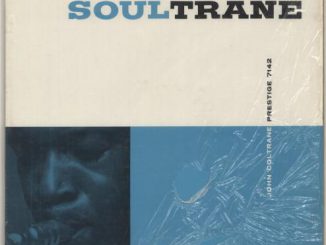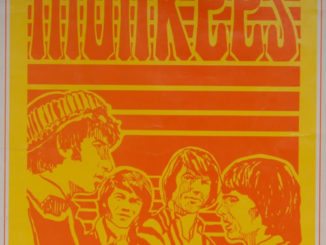
All this week, clubs and stages are hosting special gigs for Independent venue week. Here, the people who run some of the best small venues in Britain describe what keeps them special

The supposed demise of grassroots music venues is nothing new; in recent years, some of the best British venues have been at the behest of a developer’s boot or councillor’s thumb. Whether it’s the Cockpit in Leeds, the Kazimier in Liverpoolor Madame JoJo’s in London, these beloved places have been mourned by all those who attended shows there.
Fortunately, despite the doom that inevitably follows each closure, there’s still a thriving independent scene where the stars of tomorrow learn their trade; whether it’s in front a packed student crowd , or one man and his tinnitus-ridden dog. And, of course, it’s not just about the music. Each of these venues is a creative incubator and part of that great money spinner we call the British night-time economy; generator of £66bn a year in revenue and employer of 8% of the population.
Independent venue week started in 2014 and exists to shine a light on these venues, and raise awareness of the challenges facing those that are still pulling punters through the door. Special shows are happening up and down the country all the week – 23-29 January – so we’ve highlighted six venues that are still very much alive, and discovered how they remain optimistic in 2017.
100 Club, London

Oxford Street’s 100 Club opened in 1942, but solidified its place in UK culture when it staged the infamous 100 Club Punk Special in 1976. Over the course of two days the the Sex Pistols, the Clash, Siouxsie and the Banshees, the Damned and Buzzcocks all appeared on stage, and history was made. Since then the likes of Oasis, Blur and Primal Scream have played there. But having such a heritage doesn’t guarantee long-term security. “Being on some of the most expensive real estate in the world certainly has its challenges,” says third-generation 100 Club owner, Jeff Horton. “We almost went out of business in 2010. But a high-profile campaign to keep us open – plus a show from Paul McCartney, to highlight our importance and the importance of grassroots music venues – the 100 Club and Converse together as a partnership. This is what ultimately saved us. The partnership ended on 31 December but without their intervention this site would almost certainly now be a coffee shop or burger joint.”
Horton says he is close to announcing a new partnership with another brand who he describes as a “perfect fit.” This year the 100 Club celebrate its 75th year, and Horton maintains his ambition to keep the doors open and the riders stacked. “We are the longest-running venue on the planet, albeit under various guises. You can’t just up and move, and leave that history, heritage and those ghosts behind.”
24 Kitchen Street, Liverpool
It was 2013 and promoter Ioan Roberts was looking for a warehouse in Liverpool to throw a rave. Going door-to-door in the city’s industrial Baltic Triangle district, he bumped into an “old guy pottering around”. That old guy turned out to own 24 Kitchen Street. He let Roberts have a nose inside and he instantly knew that the 300 square metre site was the perfect location. So perfect, in fact, that he didn’t just throw a party there; he rounded up two mates and they bought the place. In 2017, 24 Kitchen Street is home to some of the most forward-thinking programming in Liverpool. You’ll find techno sets from Helena Hauff, garage odysseys from MJ Cole or soul excavations from hip-hop poet Saul Williams. It’s also a multi-arts venue, with theatre and exhibitions an intrinsic part of its reason d’être. “We’ve got better at programming and responding to the demands of the city,” says Roberts. “I’m from London and was originally more into London-centric music; grime, garage, dubstep, drum’n’bass. But Liverpool prefers techno, so we put more of that on, and now people trust us.”
Since opening, the venue has played a key role in the Baltic Triangle blossoming around it and becoming become the city’s de facto creative hub. But it’s not all plain sailing: the club is currently in dispute with the local council regarding a development next door that will overlook its smoking courtyard. “Unless certain levels of insulation are put into place [in the new flats] people are going to be complaining,” says Roberts. “We’re a legitimate noise-making operation and they should mitigate against that.”
Read more here




Be the first to comment